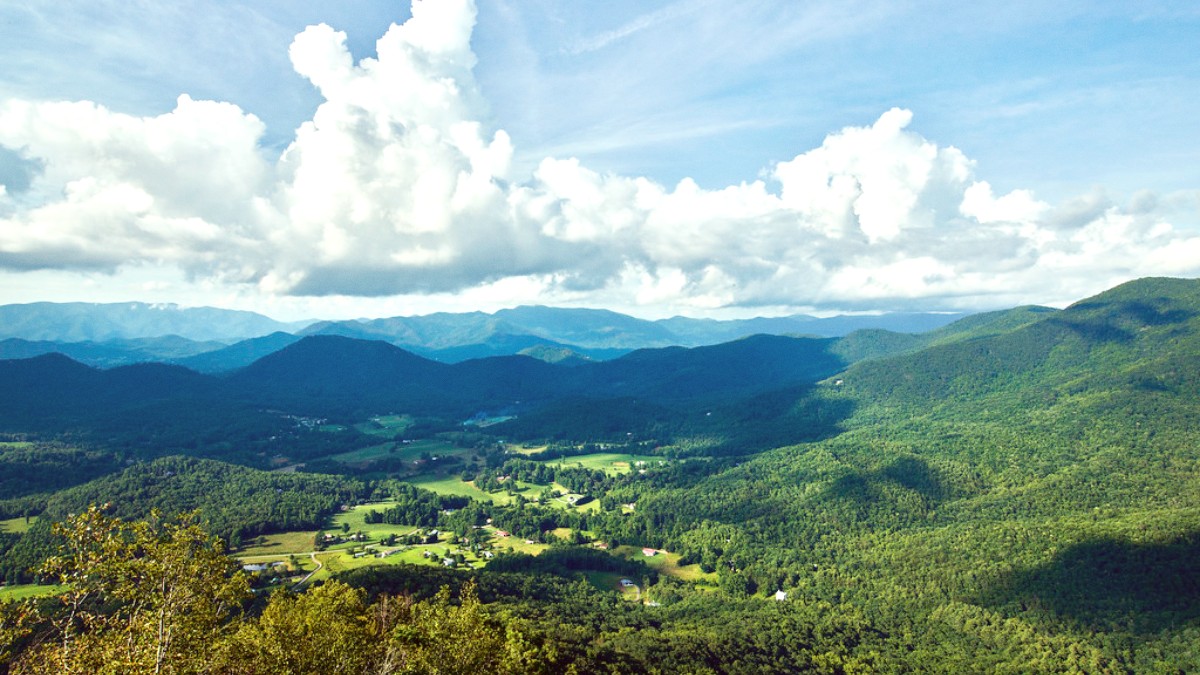
The South, Austria
High Season (June - August, December for Christmas markets): Warm weather for comfortable outdoor activities and extended daylight. Most attractions operate full schedules. December brings a magical festive atmosphere with popular Christmas markets.
Accommodation prices and flights are at their highest. More tourists at popular sites. Summer can bring hot, humid weather and afternoon thunderstorms.
Austria is part of the Schengen Area. Schengen Visa for citizens outside EU/EFTA. Visa-exempt for many, including US, Canada, UK, Australia, NZ, Japan, South Korea. ETIAS authorization for visa-exempt travelers is expected; check official EU sources for current status.
Passport valid 3 months beyond departure, issued within 10 years. Proof of sufficient funds, accommodation, return ticket. Travel medical insurance (€30,000 minimum coverage). Two recent passport-sized photos for visa applications.
Practical investment for free public transport and discounted/free entry to many attractions.
Purchase from Spar, Billa, Hofer, Lidl to prepare meals, saving money.
Seek out "Mittagsmenü" (lunch menu) offers from restaurants for cheaper specials.
Explore "Gasthäuser" or "Buschenschanken" for authentic, more affordable local food.
Enjoy the Old Town's alleys, Schlossberg Park, and Murinsel exterior without cost.
Tipping is customary in Austria, a way to show appreciation for good service. It is not obligatory.
Restaurants/Cafes: Round up the bill or add 5-10%. Taxis: Round up to the nearest Euro or add 5-10%. Hotels: Porters €1-€2 per bag. Housekeeping €1-€2 per night. Bars: Round up the bill.
Routine vaccinations up-to-date: MMR, Diphtheria-Tetanus-Pertussis, Varicella, Polio, annual flu shots. Consult doctor for Hepatitis A/B. Tick-borne Encephalitis (TBE) vaccination if planning extensive rural outdoor activities.
Tick-borne Encephalitis (TBE): use insect repellent, check for ticks. Seasonal Allergies: bring medication. Sunburn/Heatstroke: high SPF sunscreen, hat, hydrate. Cold/Flu: hand hygiene, hydrate, appropriate clothing.
Tap water in Graz is safe to drink, from high-quality alpine springs. Food hygiene standards are high for restaurants and markets.
Austria offers a high standard of medical care. EU citizens use EHIC. Non-EU citizens need travel insurance or pay for services.
Hospitals in Graz: University Hospital Graz (LKH Graz), Hospital of the Merciful Brothers Graz. Pharmacies (Apotheke) marked by green cross; 'Apotheken Notdienst' for 24/7 emergencies.
Mur River rarely floods significantly. Heavy rainfall can cause localized flooding in low-lying areas.
Icy pavements and snowfall can make walking hazardous. Walk with care.
Common in summer. Can cause temporary disruptions to outdoor plans.
Clearly state your location, the nature of the emergency, and the number of people involved. Remain calm and follow the operator's instructions.